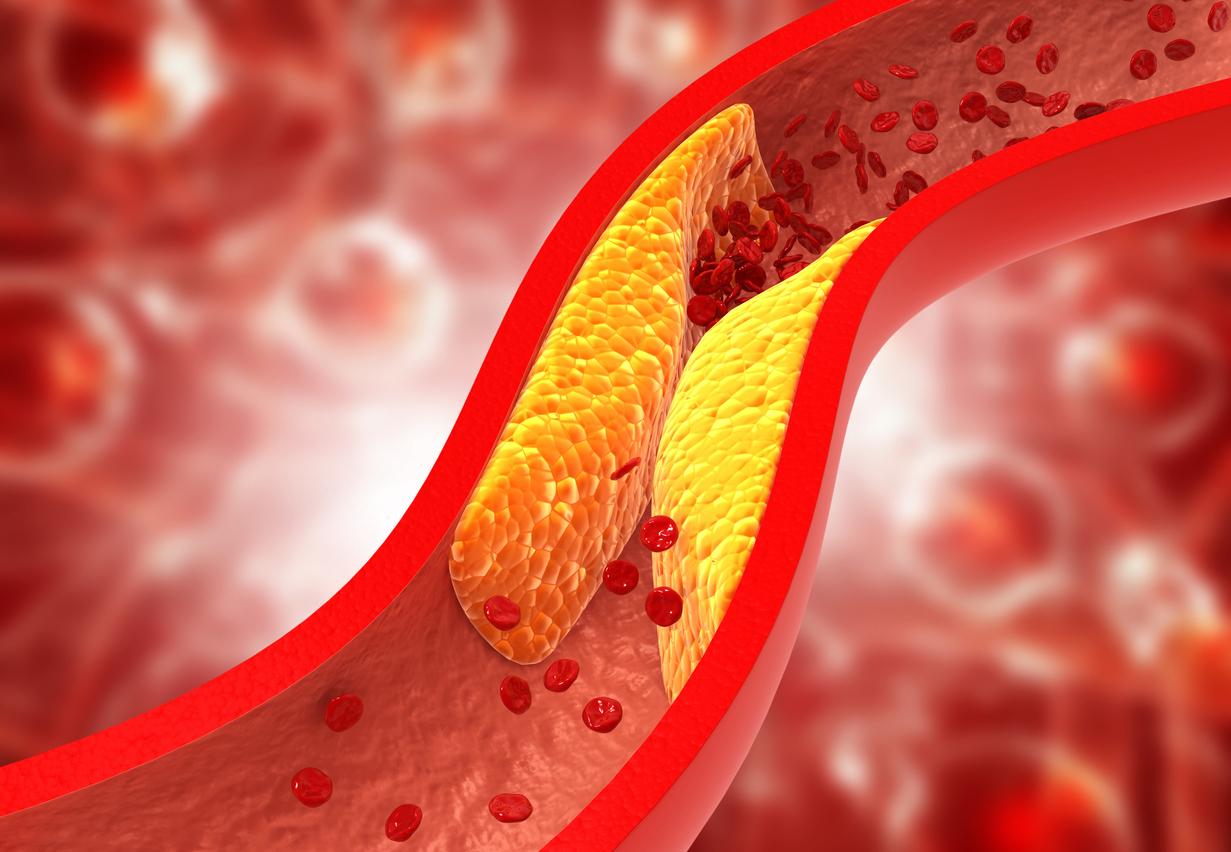
Mind at zero because thinking makes you fat
The brain runs on a small supply of sugar in the blood. With intensive thinking, that stock is quickly exhausted and you get hungry. You eat a little more than you consume and… right!
In the case of overweight, there are invariably two main suspects: too much energy intake due to too much food and too little energy consumption due to too little exercise. But there are other players in the field. It has been shown, for example, that solid thinking influences our energy management.
Brain runs on sugar
During intensive exercise, our muscles run almost entirely on fat. But the brain only uses blood sugar (glucose) during its daily activities. The brain’s hunger for sugar encounters important limitations. The sugar supply in the average person is about 400 grams and contains only 1600 kcal. You normally get through the day with this, but with intense thinking you will run out of stock faster. Then the brain activity switches to a lower level.
More brain work: eat more
According to Canadian researchers Angelo Tremblay and Jean-PhVerstand to zero because thinking makes Dilippe Chaput, the brain’s dependence on sugar also plays a role in the worldwide increase in obesity. Admittedly, mental work has only a very small effect on the total energy expenditure of the body: about 4 kcal per hour more than at rest. But a period of intense brain work leads to a measurable drop in blood sugar levels. You also feel the falling sugar level. You are languid and slower. The body needs a supply of extra sugar, so food.
Researchers had previously established that people eat more during times of great mental stress, but they had not explored the possible effects on weight in more detail. Tremblay and Chaput did. They subjected subjects to tests of different mental load and then checked their energy intake. It turned out that the subjects systematically ate more with heavy mental tasks than with no or light brain work. The difference was about 230 kcal.
Creeping weight gain
That is not much, but that is precisely where the shoe pinches. According to Tremblay and Chaput, the computer gives more mental load and the growing complexity of modern society requires constant mental alertness. Our brains are running at higher speeds than before and their sugar cravings are constantly pushing us to eat something, even a little more than we use up with all that thinking. And that daily accumulation of small extra amounts causes weight gain. Suppose you eat 230 kcal too much for 100 days during the year due to a great mental load, then you will weigh almost 2.5 kilograms more at the end of that year.

















